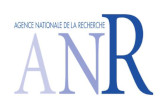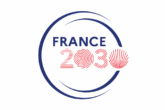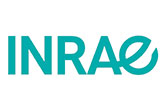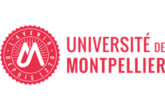KH ARCHETYPES
Scaling of nature-based solutions through archetypes and middle-range theories
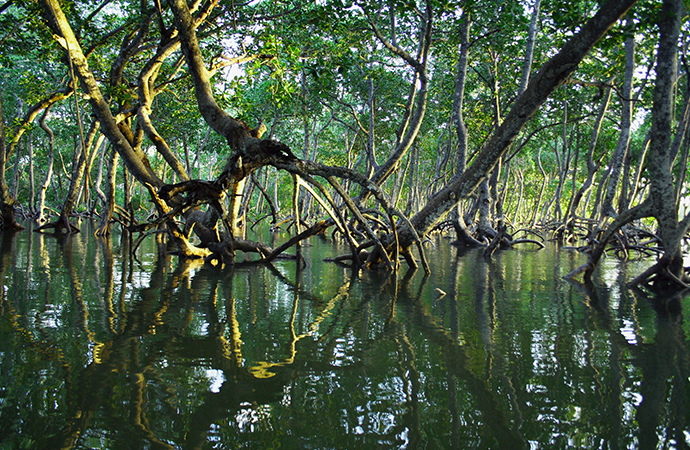 © Timothy K. (Unsplash)
© Timothy K. (Unsplash) Nature based Solutions (NbS) pilot projects require large investments in time, financial, human and other resources, which cannot be replicated everywhere. Scaling approaches are thus needed. A key challenge is to understand how successful and efficient scaling of NbS can occur, and what are the implications for designing and implementing NbS that can achieve transformative change. This requires navigating the tension between the magnitude and depth of transformation needed to address environmental and sustainability issues through NbS, and the necessity to contextualize solutions and co-construct them locally, thereby allowing citizens to appropriate and legitimate them. Approaches of contextual generalization, such as archetypes and middle-range theories, appear relevant for this, aiming for intermediate-level generalization between highly contextual but non-transferable explanations and universal, context-insensitive theories. The Archetype KH objective is to understand how successful and efficient scaling of NbS can occur, and what are the implications for designing and implementing NbS that can achieve transformative change.
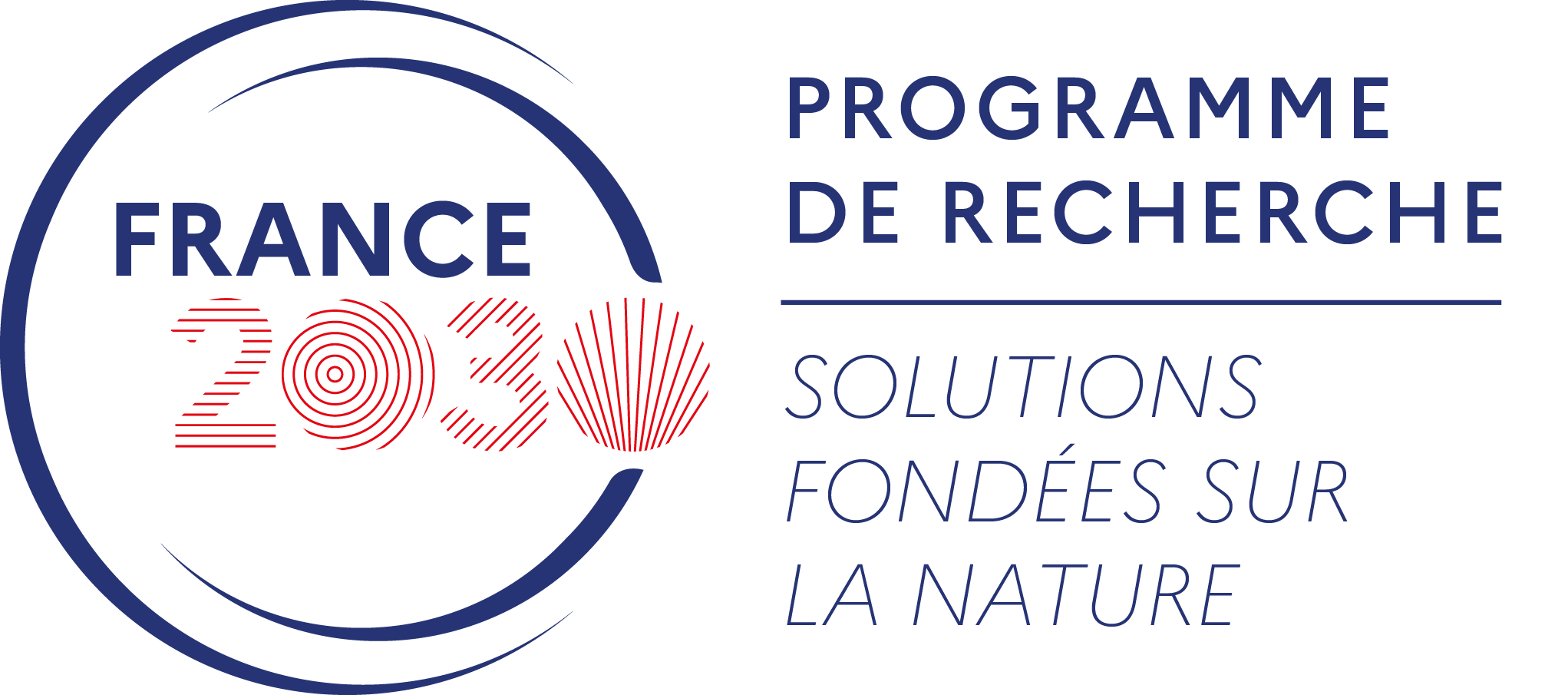
The Archetype project belongs to the PC03 ‘Knowledge Hubs‘, driven by the Montpellier University within the framework of the PEPR Programme National de la Recherche sur les Solutions fondée sur la Nature – SOLU-BIOD.
Principal investigators
Sandra LAVOREL – Laboratoire d’Ecologie Alpine, CNRS-UGA (France) ;
Adrienne GRÊT-REGAMEY – ETH Zürich, Planning of Landscape and Urban Systems (Switzerland) ;
Patrick MEYFROIDT – Université catholique de Louvain, FRS-FNRS & Earth and Life Institute (Belgique).
Postdoc
Enora BRULEY – Laboratoire d’Ecologie Alpine, CNRS-UGA (France).
The PEPR SOLU-BIOD is funded by the France 2030 investment plan, operated by the ANR and led by INRAE and CNRS. The program’s actions take the form of targeted projects, implemented by PEPR partners, and calls for projects, implemented by the ANR.
As a partner of the PEPR SOLU-BIOD, the University of Montpellier (UM) leads and implements Targeted Project 3 (PC03) “Knowledge Hubs,” with a budget of €1,800,000 over 60 months, from April 1, 2025, to March 31, 2030. PC03 aims to create five Knowledge Hubs – working groups addressing specific themes of SOLU-BIOD. These Knowledge Hubs, each composed of around fifteen national and international experts, will begin their work between 2025 and 2026 for a duration of three years.
The Foundation for Research on Biodiversity (FRB) is a platform linking scientific stakeholders and societal actors on biodiversity. The Cesab, a program of the FRB, enables the collection and pooling of existing biodiversity data and information in order to provide an overview of biodiversity and model its future. Thanks to its scientific expertise in data processing and in managing working groups, the FRB is a natural partner of PC03 and hosts the Knowledge Hubs at its Cesab facilities in Montpellier.
